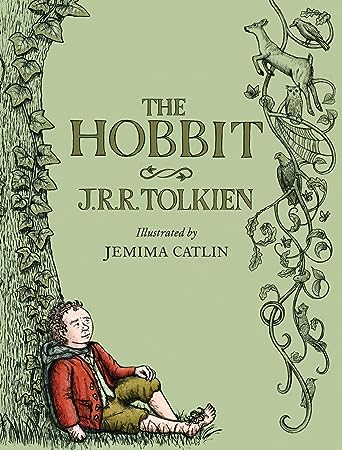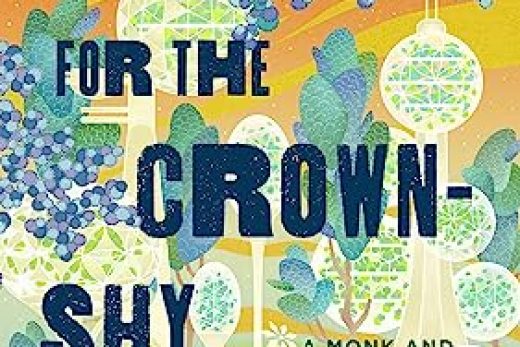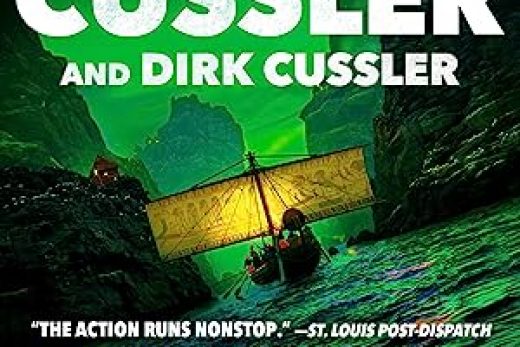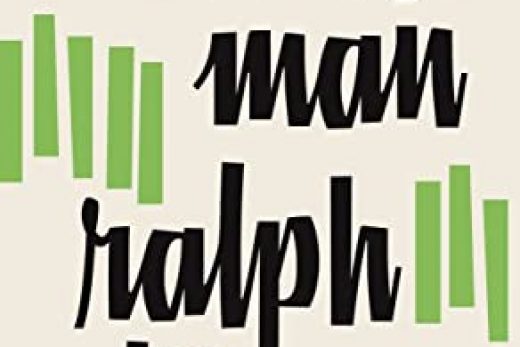In the world of science fiction, few stories have captured the imagination of readers and moviegoers quite like Jurassic Park. Michael Crichton’s groundbreaking novel takes us on an unforgettable journey to an island where dinosaurs have been brought back to life through cutting-edge science. In this essay, we will explore the themes, characters, and ethical questions that make Jurassic Park a classic tale of human ambition and the potential consequences of playing with the natural order.
The story of Jurassic Park revolves around a remote island, where a wealthy entrepreneur named John Hammond and his company, InGen, have managed to recreate living dinosaurs using DNA extracted from prehistoric insects preserved in amber. Hammond’s goal is to create a theme park showcasing these magnificent creatures, but the project is fraught with challenges and potential dangers.
At the core of Jurassic Park are the novel’s characters, who each represent different viewpoints on the implications of resurrecting extinct species. From Dr. Alan Grant, a paleontologist whose lifelong fascination with dinosaurs is challenged by their terrifying reality, to Dr. Ian Malcolm, a mathematician who uses chaos theory to predict the park’s inevitable downfall, Crichton’s characters are complex and relatable.
One of the key themes in Jurassic Park is the hubris of mankind in attempting to control nature. Throughout the novel, the characters grapple with the ethical implications of their actions, as well as the unpredictable consequences of meddling with the natural order. The story serves as a cautionary tale about the dangers of unchecked ambition and a reminder that nature will always find a way to reassert itself.

A: The central conflict in the novel is the struggle to maintain control over the dinosaurs and the park, which is ultimately a losing battle due to the unpredictable nature of the creatures and the inherent flaws in the park’s design.
Q: What role does technology play in the story?
A: Technology is a double-edged sword in Jurassic Park. While it enables the creation of the dinosaurs and the park itself, it also contributes to the characters’ overconfidence in their ability to control nature and leads to disastrous consequences.
Q: How does Jurassic Park comment on the ethics of scientific advancement?
A: The novel raises questions about the responsibility scientists have when pushing the boundaries of knowledge and technology. The characters’ actions demonstrate the potential dangers of pursuing scientific advancements without considering the ethical implications and long-term consequences of their work.
In conclusion, Michael Crichton’s Jurassic Park is a thrilling and thought-provoking novel that explores the potential dangers of unchecked scientific ambition and mankind’s desire to control nature. Through its engaging characters and gripping narrative, the story serves as a cautionary tale that continues to captivate and entertain readers around the world.









